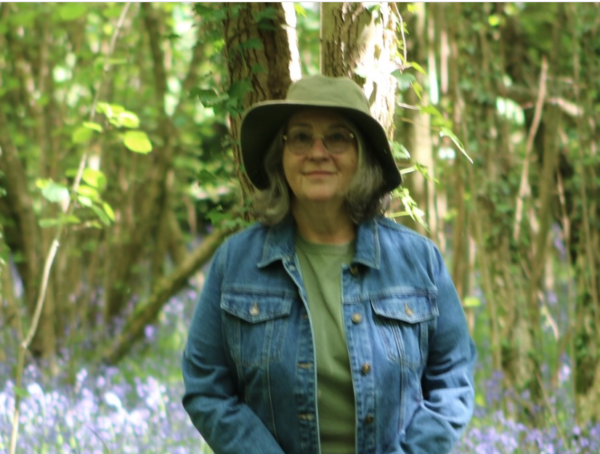Professional Development Groups using Action Learning Sets (ALS)
With less money for professional development organisations seek ways to develop their staff. Independent freelancers can also seek out low cost and free ways to develop themselves. One option is to create a professional development group or Action Learning Set.
An action learning set is a structured way of reflecting and learning. It usually consists of 6-8 people but my preference is for 4-6 people who commit to work together to discuss work place issues. At each meeting group members can bring along a challenge they face and the group will work together on this problem through supportive and challenging questions. The person then reports back on progress at the next meeting.
Some action learning sets are self-managed, others are facilitated by an experienced facilitator. They are becoming increasingly popular in the workplace as they are a cost effective way of developing people.
Action learning was developed originally by Professor Reg Revans who worked with the National Coal Board back in the 1940s. He noted that people learn better in groups when using this group process.
Use these within your organisation or as a professional development group
An organisation will often introduce these and it is a way of developing skills such as
- Listening
- Open questioning
- Respect for others
- Empathy
- Conflict resolution
- Persuading
- Influencing
- Broader perspectives
- Decision making
- Coping with change
- Creative thinking
Once the benefits have been discussed an action learning set can be set up and people can be encouraged to join. These work well when set members are able to attend each meeting so a convenient and regular time should be set such as meeting fortnightly at the same time.
In the first session a process followed such as
- Agree groundrules about how you will work together
- Share the time out, so that everyone gets a turn. Later you may want a longer time to focus on one issue rather than a number of short sessions.
- Each member ‘presents’ (briefly describes) a problem they would like to work on
- The Set Members ask questions to help the person explore the problem
- Open questions are usually most helpful, and advice giving should be avoided
- At the end of each discussion, the presenter creates an action plan
- Time is spent after each discussion, and at the end of the session to discuss process and what has been learnt
I’d love to know what you think and you can make a comment on this blog.
Denise Taylor is a double award winning career coach and Chartered Psychologist with Amazing People, established in 1998. When you are unsure of your career future, need help with job search or seek to improve your presence in an online world, Denise can help. Denise is the author of 7 books including How To Get A Job In A Recession, Now You’ve Been Shortlisted and Fat to Fantastic
Sign up to get future articles and blog posts sent directly to your inbox. Choose the RSS Feed to subscribe or sign up via my home page.
Image courtesy of Ambro / FreeDigitalPhotos.net




